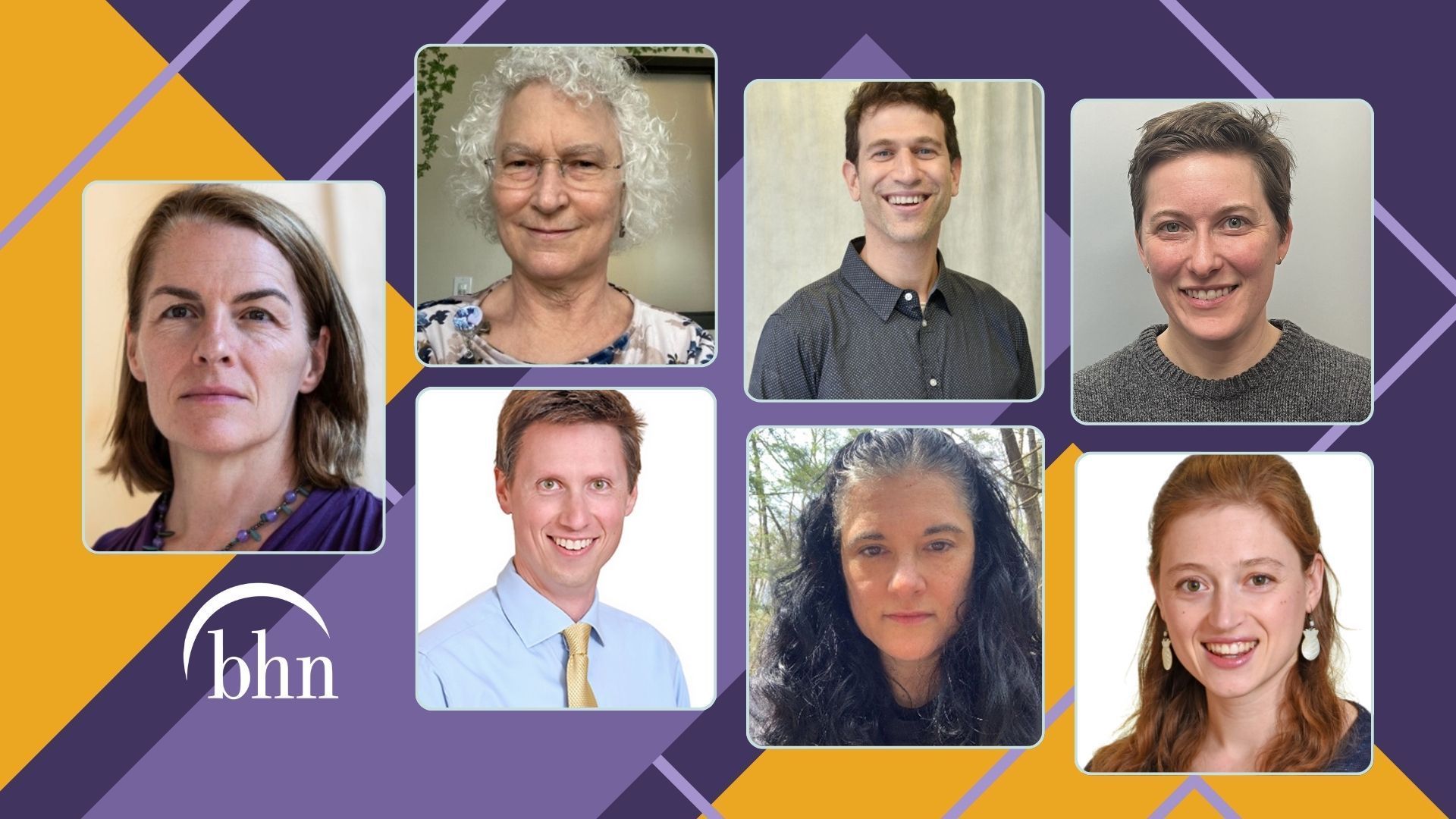Evidence-Based Practice in Mental Health
Evidence-based practice (EBP) in mental health is an approach to treatment that is based on the best available scientific evidence. It involves using modalities and interventions that have been shown to be effective through research studies, clinical trials, and meta-analyses. EBPs would be chosen based on evidence it is likely to help with the specific problems the person is reporting - not every EBP has been shown to be helpful with every problem! Some examples of modalities that are considered evidence-based include Cognitive-Behavioral Therapy (CBT), Dialectical Behavior Therapy (DBT), and Acceptance and Commitment Therapy (ACT,) among many others.
Using Evidence-Based Practice (EBP) can demonstrate respect and positive regard for people served in several ways:
- Collaborative approach: Evidence-based practice involves a collaborative approach between the people served and the team of care providers. Participants are encouraged to take an active role in their treatment/services and are supported in making decisions about their care. This collaborative approach can help people feel a sense of competency as they make progress toward their personally meaningful goals.
- Self-regulation: Short-term evidence-based treatments often involve teaching skills and strategies that can be used to cope with stressors and symptoms that have been causing distress. Learning and practicing new ways of thinking and acting can help people feel more in control of their mental health. These individual strategies can’t fix social/systemic problems, but they can help people to act more in line with their goals and values.
- Goal-oriented: Evidence-based practice typically involves setting specific goals and benchmarks. These goals are based on the person's own identified needs and preferences and are designed to help them achieve the outcomes they desire. By working toward goals and specific outcomes, people can feel a sense of accomplishment and progress.
- Evidence-Based Treatment: Evidence-based treatments are models that have been studied and consistently demonstrated to be effective in improving specific situations or problems. While relying on a model and the likelihood of achieving positive outcomes, it’s also important to learn about how the EBT has been developed and studied. This will help to collaborate in adapting interventions to be most meaningful and relevant to the people you are working with who have their own set of experiences and values.
- Focus on strengths: Evidence-based practice often focuses on identifying and building on the person's strengths and resources. This approach can help clients feel more connected to their support networks and communities, and capable of managing their mental health.
Overall, evidence-based practice can help people feel more informed, empowered, and able to influence their sense of wellbeing. By working collaboratively with their service providers, setting specific goals, and using practices that have both been shown to be effective and are personally meaningful, people can experience significant improvements in their mental health and overall quality of life.
For help finding the right treatment for you or a loved one, contact BHN, 413-301-WELL (9355), or walk in at our two BHN WellBeing locations: 417 Liberty Street, Springfield, MA or 77 Mill Street, Westfield, MA.
SHARE
Topics

Stay Up to Date!
Sign-up for our newsletter to receive news and updates from BHN.




